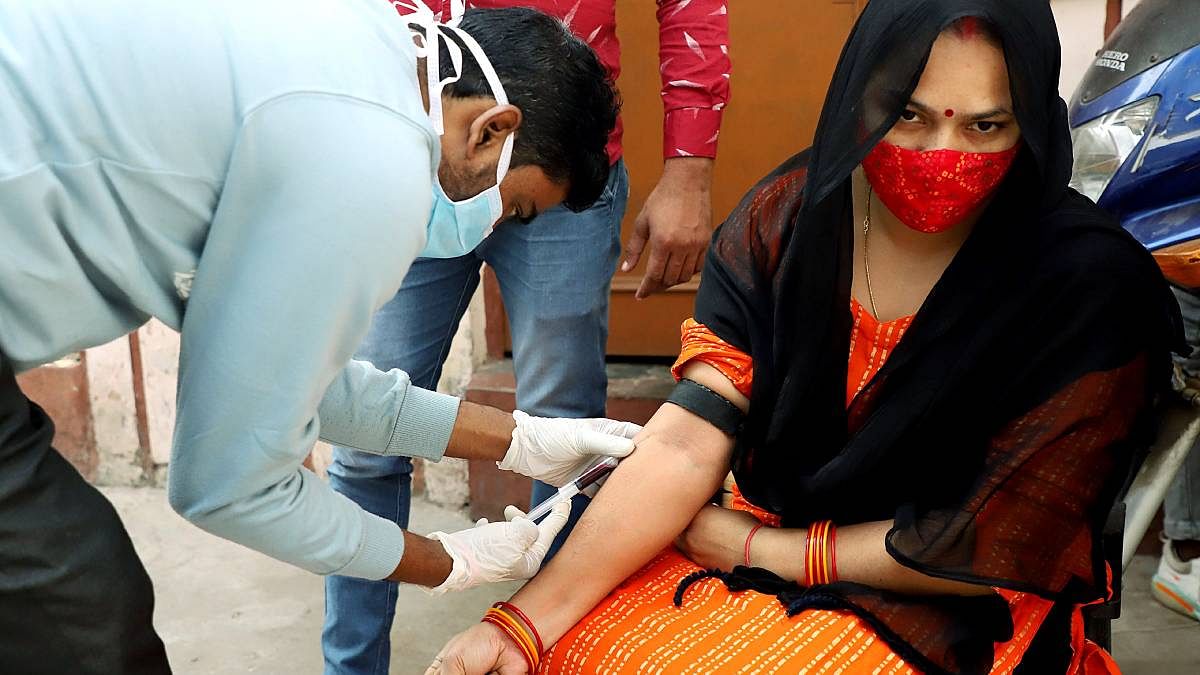
HUMAN TRIALS IN INDIA SOON FOR VACCINE AGAINST ZIKA, DREADED VIRUS THAT CAUSES BRAIN DAMAGE IN BABIES
New Delhi: Last week, the Indian Council of Medical Research (ICMR) tied up with Hyderabad-based vaccine-maker Indian Immunologicals to begin human trials for a vaccine against Zika, a vector-borne viral disease that has emerged as a public health challenge in India over the last few years.
Phase 1 trial for the vaccine, based on the new codon deoptimisation technology—which modifies the virus in such a way that it mimics a natural infection without causing harm—is set to begin at four clinical trial sites attached with the ICMR.
The Zika virus is spread by the Aedes mosquito, and the disease can be transmitted to the foetus during pregnancy, through sexual contact, blood transfusion and organ transplantation.
While the disease is usually mild and requires no specific treatment, it becomes more serious when infection occurs during pregnancy as it can cause microcephaly (small head) and other congenital malformations in the baby, preterm birth and miscarriage.
A few cases may also develop Guillain-Barré syndrome, a serious neurological disorder which happens when the immune system responds abnormally and attacks the peripheral nerves.
Currently, there is no specific treatment or vaccine against the Zika virus, even though another vaccine-maker, Bharat Biotech, is also working on developing a vaccine against the disease.
According to data shared by the government last month, India has reported nearly 600 Zika cases so far this year, most of which were in Maharashtra.
“It is essential to safeguard our people from emerging diseases by developing safe and effective vaccines that are affordable,” K. Anand Kumar, managing director of Indian Immunologicals, had said last week.
The first Zika case was identified in India in 2016 and since then several outbreaks of the disease have been reported from states such as Gujarat, Rajasthan, Karnataka and Maharashtra, among others.
Also Read: Blockbuster diabetes & obesity drug gets nod for India launch but may be available only next year
A fast-emerging challenge
Zika virus is primarily transmitted in tropical and subtropical regions by infected mosquitoes of the Aedes genus, mainly Aedes Aegypti, which usually bite during the day. These mosquitoes also transmit diseases such as dengue, chikungunya and urban yellow fever.
A large number of people infected with Zika virus do not develop symptoms and among those who do, they typically start 3-14 days after infection, and are generally mild.
“A large number of cases are found to be occurring in endemic settings of dengue or chikungunya and a few other viral infections, and are often not diagnosed,” said a senior ICMR scientist who did not wish to be named.
The major risk during Zika is in pregnancy, he underlined, when the virus can cause birth defects—the predominant one being microcephaly which disables children for life.
The World Health Organization says the prevalence of microcephaly is in 5-15 percent of newborns when the mothers are infected in pregnancy and the highest risk is when they are infected in the first trimester.
Also, Zika infection in pregnancy can trigger complications such as foetal loss, stillbirth and preterm birth while causing Guillain-Barré syndrome in some patients, mainly in adults and older children.
“This collaboration for development of a Zika vaccine in India is important because there is no specific treatment available for the disease, and infected people, when diagnosed, are mostly provided only symptomatic care,” the ICMR scientist said.
Pregnant women living in areas with Zika transmission or who develop symptoms of Zika virus infection are recommended to seek medical attention for laboratory testing, information, counselling and other clinical care.
The Union health ministry lists Zika as an infectious disease whose incidence has increased in recent years and could further increase in the near future. It is also estimated that the mutation in the virus, which make it better at efficient transmission between humans, can lead to epidemics or pandemics.
(Edited by Nida Fatima Siddiqui)
Also Read: Zika crisis grows but India lags on tests that are widely available, surveillance
2024-09-19T18:07:56Z dg43tfdfdgfd